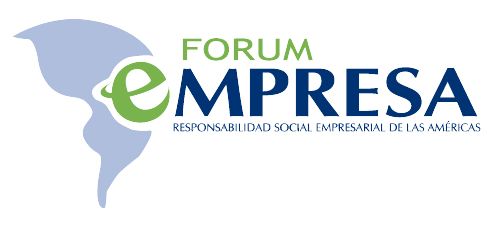The Other Side of Apple and Victoria Secret
What do Apple and Victoria’s Secret have in common? They are successful multinationals that had record sales in 2011. In January 2012, Apple was named the most valuable company on earth with assets worth $351 billion dollars. The company sold more iPhones last quarter (37.04 million) than the average number of babies born worldwide in the same period. Victoria’s Secret, with the help of supermodels “Angels,” had record profits in the third quarter of 2011.
Apple and Victoria’s Secret are publicly committed companies to a set of values, requiring suppliers around the world to meet codes of labor and sourcing standards. Both companies have instituted training programs for their suppliers. Consumers can feel very good when purchasing a new piece of lingerie or an iPhone because these companies are “doing the right thing.”
How would we feel if we knew the other side of the story about Apple and Victoria’s Secret? Recent newspaper articles discussed unfair labor practices that are common among Apple and Victoria’s Secret suppliers in Asia and Africa. One article mentioned that Foxconn Technology Group, the Asian supplier that makes electronics for Apple, Microsoft and Dell, among others, operates factories with working conditions that include death, injury, suicide, forced labor, underage labor, unpaid labor and poisoning from toxic chemicals.
Another article featured Victoria’s Secret’s partner, Guebre, the National Federation of Burkina Cotton in West Africa that is responsible for running all aspects of the organic and fair trade program across the region. The article mentioned flaws in the system that support forced labor and the exploitation of children. The breakdown occurs at the village level with the organic and fair trade cooperatives that sell the cotton to Guebre. Each cooperative buys cotton from roughly 60 farms where it is acceptable for farmers to use children in their fields as long as they are not their biological children and they are at least 6 years old.
What is missing here? To incite change, we need a stronger attitude on sustainability coming from Apple and Victoria’s Secret that extends beyond their efforts to solve these violations and make improvements. The most stringent auditing and inspections will have limited impact on global change. Companies need to use the power of their brands to create systemic changes not only in their supply chains but also in their consumers’ behaviors.
Will Apple and Victoria’s Secret lead and engage in brand activism? They may not do it unless enough protest comes from consumers who don’t want to be accomplices to labor and environmental abuses when making a purchase. Apple may change its way – recently, in February, 250.000 Apple consumers filed a petition at the New York store demanding better labor practices at the Apple’s supplying factories. This could be the consumer pressure that leads Apple to get to the next step and actively engage the power of its brand in supply chain reform. This is the least we could expect from one of the most admired companies in the world!













